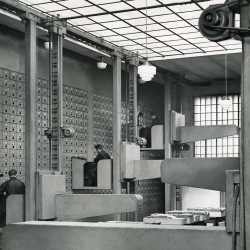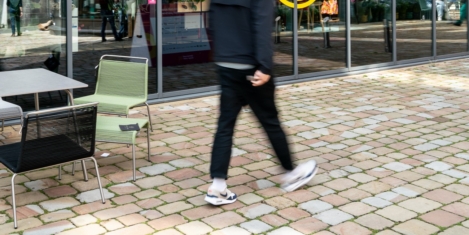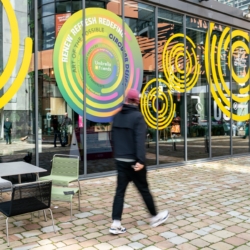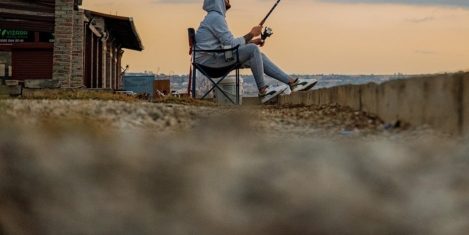September 23, 2025
Carbon capture could help turn CO2 into fuels, chemicals and building materials
 A new report from the World Economic Forum warns that current plans for carbon capture and utilisation (CCU) fall well short of what is needed to meet global climate goals. The study, launched today in collaboration with Wood Mackenzie, concludes that planned CCU projects represent only around six percent of the scale required by 2040 to align with international targets. The report, Defossilizing Industry: Considerations for Scaling-up Carbon Capture and Utilization Pathways, outlines how industries could transform captured carbon dioxide into fuels, chemicals and building materials, creating new markets while cutting emissions. It argues that CCU has the potential to convert carbon from a liability into an asset, generating jobs and value chains across multiple sectors. However, it warns that without stronger policy signals and investment, the opportunity will remain unrealised. (more…)
A new report from the World Economic Forum warns that current plans for carbon capture and utilisation (CCU) fall well short of what is needed to meet global climate goals. The study, launched today in collaboration with Wood Mackenzie, concludes that planned CCU projects represent only around six percent of the scale required by 2040 to align with international targets. The report, Defossilizing Industry: Considerations for Scaling-up Carbon Capture and Utilization Pathways, outlines how industries could transform captured carbon dioxide into fuels, chemicals and building materials, creating new markets while cutting emissions. It argues that CCU has the potential to convert carbon from a liability into an asset, generating jobs and value chains across multiple sectors. However, it warns that without stronger policy signals and investment, the opportunity will remain unrealised. (more…)











 The office is no longer just a default location. Hybrid work has made it one option among many. At home, people have their own desk, their own music, their own kitchen. If the workplace is going to tempt them out, it needs something more than a chair and a meeting room. Fast WiFi and genuinely good coffee can change more about people’s experiences than you might expect. People might not talk about them much, but they notice when they are missing. Both influence how the day flows. When the internet is quick and the coffee is worth getting up for, the office starts to feel different. It becomes somewhere you do not just have to be, but somewhere you don’t mind spending time.
The office is no longer just a default location. Hybrid work has made it one option among many. At home, people have their own desk, their own music, their own kitchen. If the workplace is going to tempt them out, it needs something more than a chair and a meeting room. Fast WiFi and genuinely good coffee can change more about people’s experiences than you might expect. People might not talk about them much, but they notice when they are missing. Both influence how the day flows. When the internet is quick and the coffee is worth getting up for, the office starts to feel different. It becomes somewhere you do not just have to be, but somewhere you don’t mind spending time. 
























August 4, 2025
How AI is already changing the world of work
by Laura Anderson • AI, Comment, Workplace